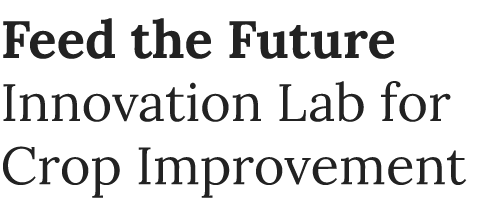In the international development sector, performance data is too often seen simply as a tool that donors use to keep projects accountable to the donor’s interests—not to prioritize the needs of internal teams doing the work nor the end users that a project supports. At the Feed the Future Innovation Lab for Crop Improvement (ILCI), we’re shaking things up to make the monitoring and evaluation process an inclusive, democratic process.
It can be a cumbersome process for projects to collect and report performance metrics to donors only to see the data disappear into a black box of reporting systems.
So, then we ask: how can project members, especially local partners, make performance data work for them?
Over the past year, ILCI has formed a community of practice focused on monitoring, evaluation and learning. Local partners from each Center of Innovation (CoI) in Costa Rica, Haiti, Malawi, Senegal and Uganda come together quarterly to be part of a participatory, reflective process.
Communities of practice connect peers to one another, empowering them to work together and learn from one another. Together, we’re using the community of practice to bring ILCI’s performance data out of the black box and into a shared space where we can use it to understand our work and help shape ILCI’s future.
Setting data goals from within
First, the community of practice began a process of drafting and reviewing custom indicators to measure progress toward ILCI’s and the CoIs’ own goals, realizing that the donor-level standard indicators don’t provide the granularity of data that would be useful to the project and the individual CoIs. Once drafted, ILCI researchers from various disciplines came together to develop these indicators, prioritizing metrics that are useful to everyone implementing the project.
We’ve launched the first round of data collection for these indicators this past reporting cycle; and are now working to analyze these data together through the community of practice to understand what’s working, what isn’t, and help the project think through adaptations that will accelerate ILCI’s progress toward creating successful and sustainable breeding programs.
Building on the success of last year, the community of practice has now expanded to twelve members, with representation across each objective area—breeding informatics, cross-cutting themes, genomics, institutional capacity, phenomics, priority setting and trait discovery—creating an ILCI-wide multidisciplinary group of collaborators who are actively seeking ways for performance data to work for us.
Asking the hard questions
Next up for the community of practice is developing a learning agenda—asking difficult questions like “How do breeders best master new Tools, Technologies and Methods (TTMs)?” or “How do we balance the varying (and sometimes conflicting) priorities of different end users?” Through peer-to-peer learning events, the community of practice will lead ILCI in tackling these questions about our work using performance data, sharing experiences, and drawing on the project’s collective knowledge.
The success or failure of a community of practice is dependent on the commitment of its participants. The work of ILCI’s community of practice is attributable to the engagement and enthusiasm that the CoIs have brought to the group—exchanging information over WhatsApp, Slack, and email; presenting ideas and experiences during our meetings; and asking probing questions that enhance our collective understanding. The community’s expansion will bring only more ideas, resources and enthusiasm to this group as we work to shape how performance data can work for ILCI.
What happens to the data?
And for anyone curious about what happens in the donor’s black box of reporting systems…
Each year monitoring and evaluation specialists respond to set of common metrics, called standard indicators, for every project funded by the U.S. Agency for International Development. The results from these metrics are combined together across all projects and reported through an annual Performance Plan and Report (PPR) which is ultimately submitted to U.S. Congress as a demonstration of the impact that federal funding is making on key issues of poverty, hunger, education, health and more around the world.
Within ILCI, the performance data collected and analyzed through the project-set custom indicators will be used to create an evidence base to inform the peer-to-peer learning events, ensuring that those events’ findings are supported by both experiences and data. These findings can then help project teams develop and refine their approaches to implementation based on strong evidence. For example, through results of the data and the experiences of other teams, the learning events may show which types of interactions between CoIs and Objective Areas have the most success with breeders mastering TTMs. Project teams can then prioritize using those interactions in order to more optimally work with breeders. These evidence-based changes, enabled by the hard work of the community of practice, will allow ILCI to optimize its time, funding and resources to best serve the needs of its end users and make progress toward reducing global hunger, malnutrition, and poverty through science, technology, and innovation.
This work was funded in whole by the United States Agency for International Development (USAID) under Agreement #7200AA19RFA00010 as part of the Feed the Future Innovation Lab for Crop Improvement. Any opinions, findings, conclusions, or recommendations expressed here are those of the authors alone.




